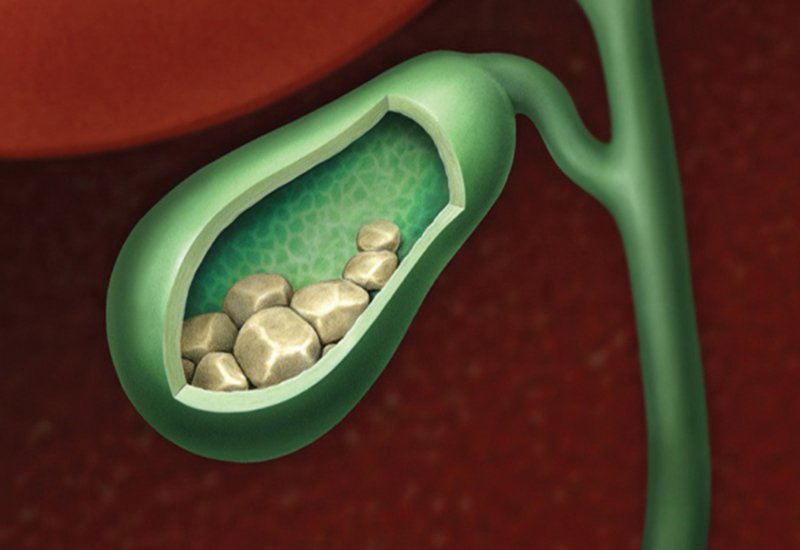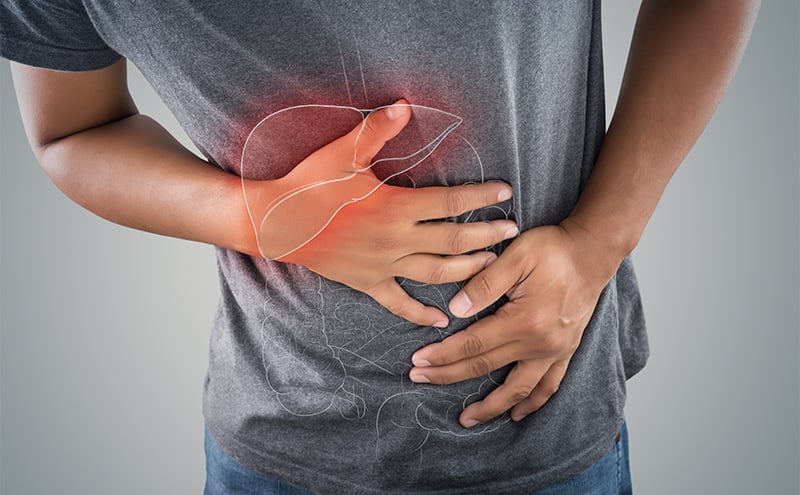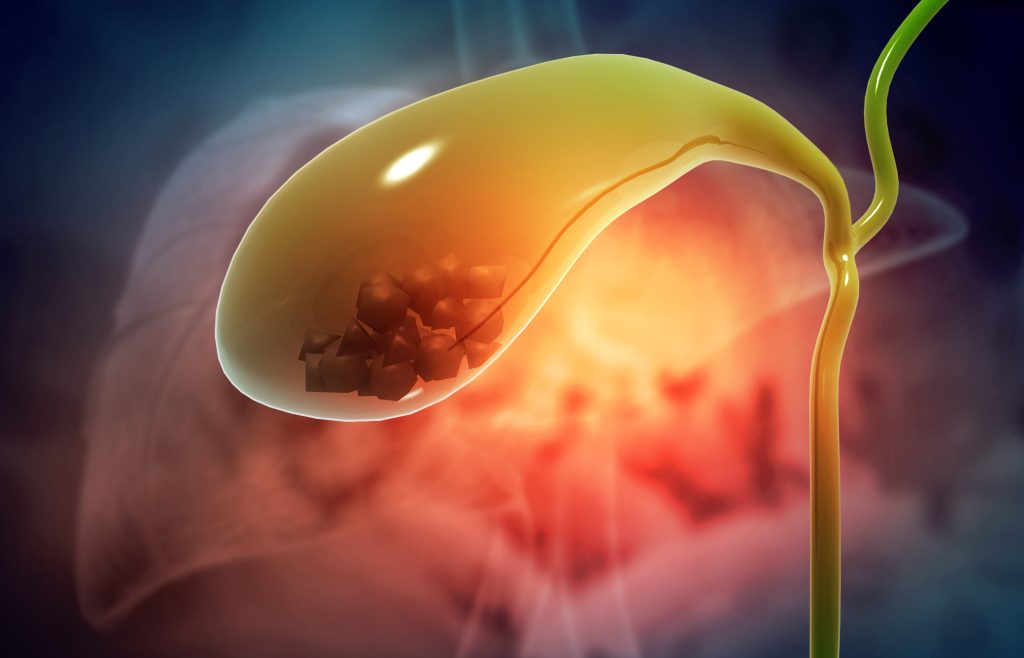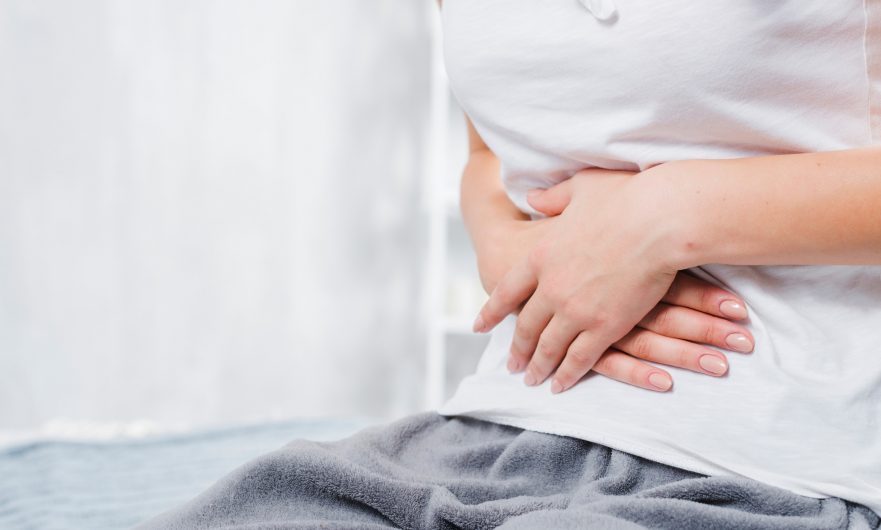Discover traditional Ayurvedic treatment for gallstones in Kerala, India. Explore natural remedies and therapies deeply rooted in ancient wisdom. Find holistic solutions for gallstone relief with Samwarthika Ayurveda Hospital.
The gallbladder is a small, pear-shaped organ characterized by its pouch-like structure. Situated beneath the liver on the right side of the abdomen, it holds bile—a yellowish-brown digestive enzyme produced by the liver—to aid in digestion. Among the prevalent ailments affecting this organ, gallstones, clinically referred to as cholelithiasis, stand out. These are solid formations in the gallbladder composed of bile components, with their formation primarily attributed to elevated levels of cholesterol within the bile.
Ayurvedic Treatment for Gallstones in Kerala through Samwarthika Ayurevda Hospital involves the utilization of highly potent stone-dissolving medications and herbs to cleanse the liver and reinstate its optimal function. Incorporating an Ayurvedic lifestyle in conjunction with Panchakarma therapies can offer a lasting solution to this condition.
Ayurvedic treatment for gallstones centers around the principle of identifying the root cause, achieved through the purification of the liver and gallbladder to restore their natural functioning. This approach involves the utilization of potent herbs and herbal formulations with the dual purpose of dissolving existing stones and preventing the recurrence of stone formation.
While surgical intervention is warranted for life-threatening cases of cholelithiasis, non-life-threatening instances can be effectively managed using Ayurvedic methods, thus minimizing the risk of complications. Ayurvedic remedies for gallstones include medications like patolakaturohinyadi kashaya, arogya vardhini vati, vasaguluchyadi kashaya, Dashamoola harithaki leham, avipathi choornam, dadimadi ghritham, and more. These formulations possess hepatoprotective properties, aid in gallbladder cleansing, and contribute to the dissolution of gallstones. Ayurvedic practitioners prescribe these medications after conducting a comprehensive evaluation of the patient’s condition.
Maintaining a balanced diet, embracing lifestyle adjustments, and engaging in regular physical exercise are essential for overall well-being. A diet rich in fiber, water, fruits, and vegetables is recommended, while saturated fats and unhealthy foods should be avoided. Regular exercise and weight management contribute to improved metabolism and a healthier lifestyle.
Samwarthika Ayurveda Hospital emerges as a notable healthcare institution renowned for delivering exceptional Ayurvedic Treatment for Gallstones in Kerala. Gallstones can be categorized into cholesterol stones, bile pigment stones, or mixed stones, varying in size from small particles resembling sand grains to larger entities comparable in dimensions to golf balls.

Gallstones can be caused by an imbalance in the substances that constitute bile, leading to crystallization. Factors such as obesity, a high-fat diet, rapid weight loss, and genetics can contribute to their formation. Understanding the symptoms and causes is essential for timely diagnosis and management of gallbladder stones.

In Ayurveda, gallbladder stones are understood as a disruption in the balance of the body’s doshas, primarily Pitta dosha. According to Ayurvedic principles, these stones form due to the accumulation of excessive Pitta-related factors, such as heat and acidity, in the gallbladder. This imbalance can lead to the crystallization of bile constituents, resulting in gallstones.

Gallbladder stones can lead to several complications if left untreated. One common complication is gallstone-related pain, which can be severe and require medical intervention. In some cases, gallstones can block the bile duct, causing a buildup of bile and leading to inflammation, infection, and jaundice. This condition, known as cholecystitis, demands immediate medical attention.
Prevention of gallbladder stones involves adopting a healthy lifestyle and making mindful dietary choices. Maintaining a balanced diet that is low in saturated fats and cholesterol can reduce the risk of stone formation. Incorporating fiber-rich foods, fruits, vegetables, and whole grains can also promote proper digestion and prevent excess bile crystallization. Staying hydrated and consuming adequate amounts of water is essential.
People also ask:
Can gall bladder stone be cured by Ayurveda?
Ayurvedic treatment approaches offer potential alternatives for managing gallstones. The Ayurvedic perspective focuses on identifying the underlying causes and restoring the balanced function of the gallbladder and liver. This is achieved through a combination of dietary adjustments, lifestyle changes, herbal remedies, and detoxification methods.
What should we eat in Ayurveda for gallstones?
In Ayurvedic treatment for gallbladder stones, dietary recommendations play a significant role. It’s advised to incorporate certain dietary practices to support the management of gallstones. Some of these recommendations include:
Low-Fat Dairy Products: Opt for low-fat dairy options like buttermilk, which can be beneficial for gallbladder health.
Protein-Rich Foods: Include protein-rich foods like moong dal, eggs, beans, and pulses in your diet. These protein sources can help maintain a balanced diet while supporting overall digestive health.
Avoid Simple Carbohydrates: Stay away from simple carbohydrates, refined flour, and sugary foods. These items can contribute to imbalances and are generally not favorable for gallstone management.
It’s important to note that dietary recommendations in Ayurveda are often personalized based on an individual’s constitution (dosha), current imbalances, and the specific condition being addressed. Consulting an experienced Ayurvedic practitioner is essential to receive tailored dietary guidance that suits your unique needs and promotes optimal health. Additionally, dietary changes should be made under professional guidance to ensure they align with your overall health goals.
How to Dissolve Gall Bladder Stones Naturally with Ayurveda?
Ayurvedic treatment for gallstones involves a holistic approach that encompasses herbal medications, dietary adjustments, lifestyle changes, and detoxification therapies. These strategies are designed to not only address the immediate condition but also promote overall health and well-being.
Detox therapies are an integral part of Ayurvedic treatment for gallstones. Some recommended detox therapies include:
Vamana: This Ayurvedic procedure aims to eliminate accumulated toxins, including excess Kapha and Pitta doshas, through the upper pathways, typically through the mouth.
Virechana: Virechana involves therapeutic purgation, primarily targeting vitiated Pitta dosha. It helps cleanse various organs such as the liver, kidneys, spleen, sweat glands, and small intestine, thereby eliminating toxins from the blood.
Avagaha Sweda: This therapy involves applying warm medicinal oil to the body and immersing the patient in warm water up to the navel or neck level. This helps open channels and soothe Vata dosha.
Parishek: Parishek is a type of swedana therapy where a continuous stream of herbal decoctions is poured onto the lower abdomen as Dhara. This can aid in pacifying Pitta and Vata doshas.
These detox therapies work in harmony with herbal medications and dietary modifications to address the root causes of gallstones and facilitate their dissolution and elimination. Ayurvedic treatment for gallstones is not only targeted at the specific condition but also focuses on improving overall health. It helps maintain healthy organs, regulates bilirubin production, and manages cholesterol levels, reducing the risk of gallstone formation.
It’s important to note that Ayurvedic treatments are personalized according to an individual’s constitution and specific condition. Therefore, consulting a qualified Ayurvedic practitioner is essential to receive proper guidance and prescriptions. Additionally, a balanced diet, healthy lifestyle practices, and regular exercise contribute significantly to maintaining well-being and supporting the effectiveness of any treatment plan.

